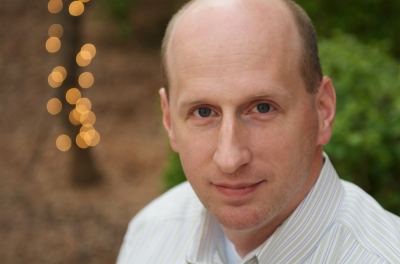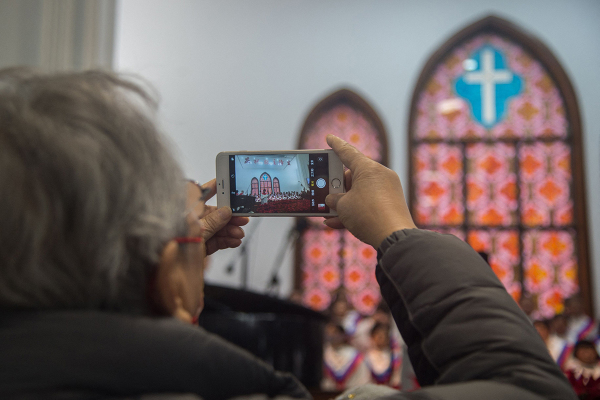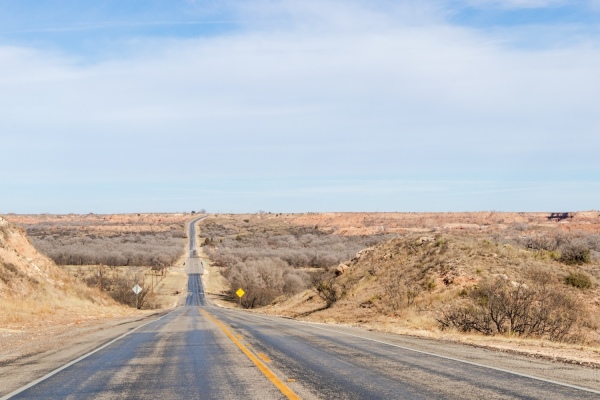Constant Exposure to Violence Understandably and Necessarily Breeds Aggression

While I fully understand there are bad cops — and there are good cops who make bad mistakes — the Left's recent wave of anti-cop sentiment is not only disgusting, it's dehumanizing.
Essentially, the Left places an inhuman burden of patience and tolerance for risk on police officers, then jumps on the inevitable failure to achieve an impossible standard as proof of police corruption and violence. They do the same thing to soldiers in combat conditions, imposing on them restrictions that defy reason and human nature, then decry alleged "abuses" as creating moral equivalence between Americans and their enemies.
Here's the reality: Prolonged exposure to violence and the threat of violence creates a natural increased tendency towards aggression, and this response is not only logical, it's necessary for self-preservation and necessary to do the job. Unless you've encountered a consistent threat of mortal violence, it's hard to describe how a person changes. I'll relate an example from my own life. In 2008, I was on a "presence patrol" in an Iraqi village that had long been considered relatively safe. We'd rooted out al-Qaeda weeks before, local markets were open, and the atmosphere was somewhat relaxed. While I was obviously alert and scanning the neighborhood for threats, I wasn't nearly as tense as I'd been on different missions on uncleared roads (in other words, where IEDs were expected), deep into territory al-Qaeda was deemed to control.
The village seemed so safe that a number of guys started kicking a soccer ball around with a growing crowd of kids (we were often followed by packs of young boys). Then, a rock about the size of a softball flew by my head — missing my face by a few inches. If I was walking down the street in my hometown, and a rock came flying past my face, my first response would likely be confusion. I wouldn't react aggressively, but instead with surprise — assuming a kid was playing somewhere, and accidentally hoisted a rock near an adult. In Iraq? I immediately wheeled around with my M4 up and scanning for threats, and I was not the only one. About a half-dozen other Sabre Squadron soldiers also had their weapons up. The kids scattered, and the situation grew very dangerous, very fast.
It turned out there was no true threat, an older kid had decided to throw a few rocks and run, but there was an immediate potential for a horrible, violent confrontation — one that could have resulted in killing a child. If the rock had been a prelude to a "baited ambush" (where terrorists try to draw our troops into a designated kill zone), then the immediate reaction of weapons up could have saved lives. If the rock was just a petulant, childish prank (as proved to be the case), the weapons up meant a dramatically increased chance that even a good-faith mistake would have dreadful consequences.
While a patrol in Iraq is obviously statistically more dangerous than walking a beat in an American inner city, I'd submit that the prolonged psychological impact of exposure to actual and potential violence is similar. There is an immediate self-protective response that gets hard-wired into an individual, an aggressive response, that can be tempered with training and experience but cannot ever be removed, nor would we want it to be. That aggressive response more often than not saves lives, including not just cops' lives but the lives of civilians who call for their help.
The best way to lower the temperature in a neighborhood — to decrease the chances for the kinds of encounters that result in unarmed civilians dying to police gunfire — is to continue to engage in the law-enforcement and criminal-justice practices that we know can and do dramatically lower the rate of violent crime. And that means focusing on getting violent criminals off the streets. I strongly recommend Kevin Williamson's piece on this point. Who commits murders? People with prior, violent criminal records. And so long as violent criminals are on the streets, police on those streets — who are properly and naturally more aggressive than civilians — will make exactly the kinds of decisions in the "fog of war" that cause anti-police radicals to chant for their deaths. It's inevitable.
Kipling, in his classic poem Tommy, spoke of "makin' mock o' uniforms that guard you while you sleep," and the police-hatred of the last few months is truly "makin' mock." To make this point is not to excuse true wrongdoing or to relieve police officers from accountability for their mistakes, but we must take care not to hold them to unattainable standards of immediate pacifism when pacifism is warranted and immediate aggression when aggression is warranted. Life is not that neat and clean, and the constant threat of danger has real effects. Those who doubt this reality should don a uniform, take their own turn on the wall, and report back with the results.





















